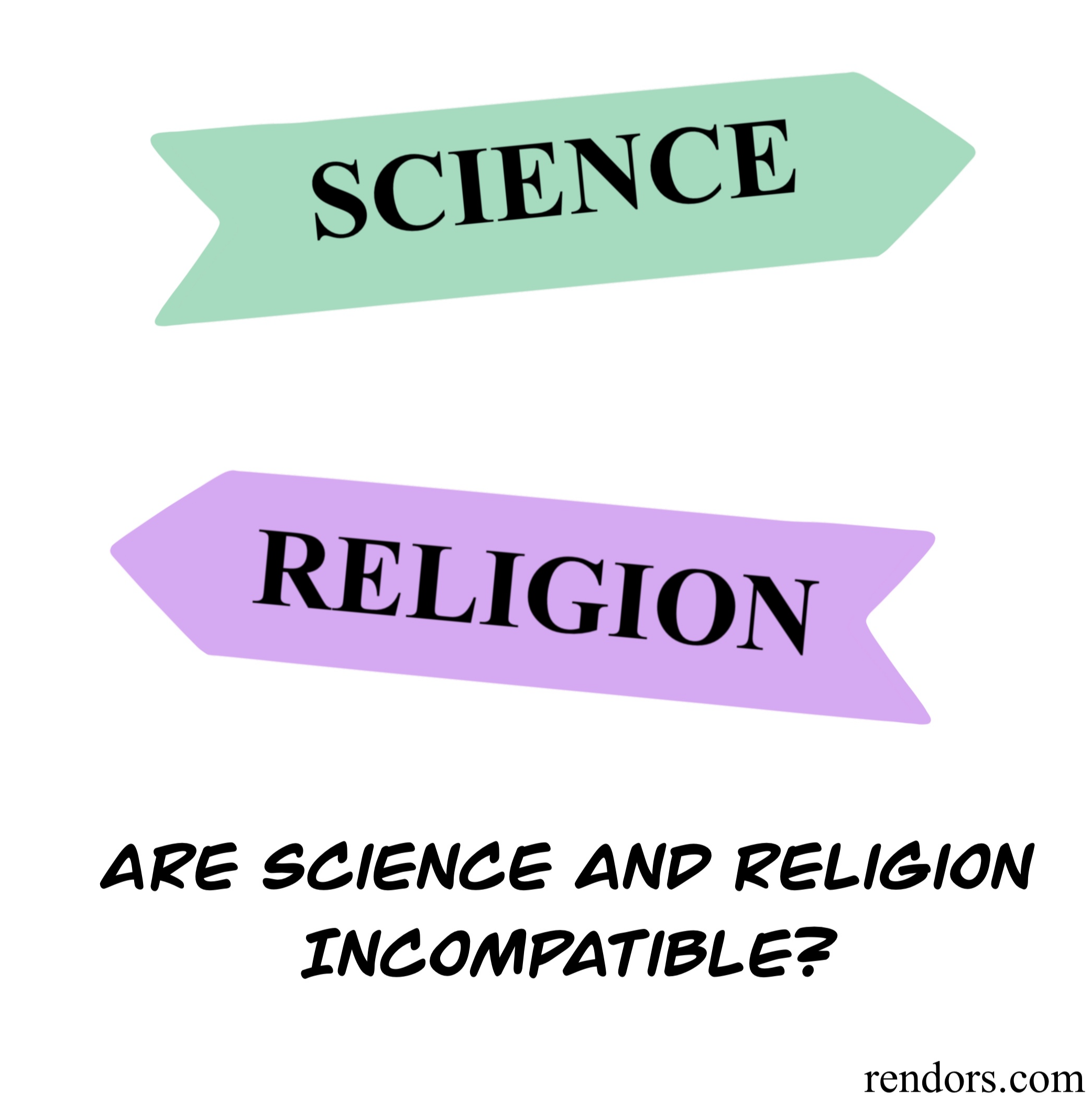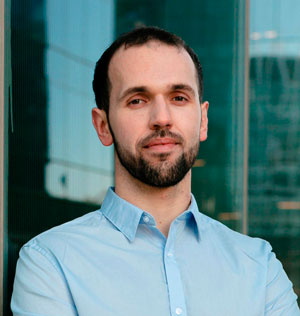Don't see an advisor you admire? Let's add him to the database! - Request

Feynman Series. Is Science Fundamentally Incompatible with Religion? Faith vs. Skeptical Inquiry.
We know that all our statements are approximate statements with different degrees of certainty. (Richard Feynman)
The relationship between religion and science is, to say the least, complicated. We may discover some seemingly irreconcilable concepts upon trying to unite them. Some people choose to ignore the inconsistencies and turn to blind faith. Others find atheism as the only reasonable answer. Many people “in the middle” are still uncertain as to how exactly religion and science combine and influence their personal ideologies. I hope to shed some light on the subject as partially based on the ideas of the remarkable scientist and thinker Richard Feynman.
Neither organized religion nor modern science present us with The Truth. The first offers rituals, metaphors, and “the right way” to live a life, while the latter suggests approximate models of real-life phenomena and the values of unbiased inquiry. Both science and religion have evolved to occupy important roles in our society, but since medieval times the two started slowly parting ways.
The Fundamental Point of Friction - Freedom to Doubt vs. Demand of Faithfulness
Feynman aptly identifies the original point of divergence between religion and science:
The freedom to doubt, which is absolutely essential for the development of the sciences, was born from a struggle with the constituted authorities of the time who had a solution to every problem, namely, the church.
He notes that for some people it is terrifying to live a life full of doubts and not knowing. It makes them flock to perceived figures of authority (usually religious leaders) who claim to have all the answers. In some cases, people are so gullible that they join extreme cults with unhinged but charismatic leaders.
On the other hand, science is limited, but its knowledge is quite accurate and proven empirically. It embraces doubts and questions. For some people, such comfort with ambiguity and reliance on scientific methods of discovery (real observations of replicable experiments) are the bedrock of sound reason.
Feynman’s Views
Religion and God can be subjective terms.
Feynman said that over half of scientists believe in God, but not in a conventional way. Instead of a man-like figure obsessed with the developments on Earth, we can think about the subtle, sophisticated, and incomprehensible laws of the Universe and the forces behind them. Scientists are happy to read “God” as a poetic shorthand for whatever laws or principles rule this flux of matter and energy we happen to inhabit (James Gleick).
One of the features of Feynman’s character that is so compelling to an open-minded reader is his unapologetic straightforwardness. On the other hand, Einstein was a skillful and diplomatic communicator, careful not to enrage both religious crowds or hardcore atheists. His famous quotes include: “God doesn’t play dice,” “Science without religion is lame; religion without science is blind,” and “The Lord God is subtle but malicious he is not.”
Feynman didn’t care for things such as political correctness and delicate language. He found Einstein’s style of accommodation intolerable. His biographer, James Gleick, says Feynman didn’t believe in God, and it was a cool, rational attitude. He believed that “the myths of religion cheated knowledge.” The idea of a personal God, characteristic of Western religions, to whom you pray and who has something to do with creating the universe and guiding you in morals seemed ridiculous to Feinman. To him, a God obsessed with human affairs in a non-human-centered universe was just implausible. In 1959 his interview with a local television station KNXT was suppressed because of his comments about God:
It doesn’t seem to me that this fantastically marvelous universe, this tremendous range of time and space and different kinds of animals, and all the different planets, and all these atoms with all their motions, and so on, all this complicated thing can merely be a stage so that God can watch human beings struggle for good and evil—which is the view that religion has. The stage is too big for the drama.
I tend to imagine that among scientists, Feynman’s temperament puts him on par with the status that Mötley Crue, Iggy Pop, and Ozzy Osbourne held in the world of rock n roll. The remarkable part is that he wasn’t trying to be a showman. He simply lived a life without hypocrisy and expressed his opinions freely. Feynman believed there are questions science cannot answer. Still, he saw danger in the “moral guidance to unpalatable myths” of the religious approach.
Did the Genius of Science Miss a Valuable Social Point?
It is possible to be correct and even brilliant in everything you say but still to paint a misleading picture. Feynman’s ideas are best understood by progressive and skeptical individuals. He became a cult-like figure for intellectuals, but now his books are read by all types of people. When the audience size grows, some messages need refinement and additional context. This is why it is important to emphasize some things he deliberately or rather, unfortunately, forgets to address.
While there are some inconsistencies in the theoretical foundations of “mass-market” organized religion, it doesn’t necessarily mean it is useless or harmful. On many occasions, Feynman’s biographer pointed out his social ineptitude. I think this is likely to be the key reason for his lack of understanding of the social functions played by religious practices, traditions, and support networks. Millions of people around the globe would feel lost and crushed without the ideological core provided to them by religion. I think this is something Feynman never cared to understand. It is a fundamental delusion - we tend to think that other people are more or less like us. And when you are an intellectual outlier (like Feynman was) your convictions about others can be very much out of touch with reality.
The trend of religion in a modern society
It looks like more and more people are turning away from organized religion:
Back in the 1950s, only one in fifty people identified as non-religious. The number has held at one in five for the last few years. This could be interpreted as a wake-up call for religious institutions to become more in tune with the society and modern culture built around personal values.
Can there be the best of both worlds?
Organized religion has developed institutions for maintaining social order and individual conformity. Modern science is chasing continuous progress and increased efficiency at almost any cost. It is not hard to envision a meaningful combination of the two, where religion opens up to questions and alternative interpretations while science gets more in tune with moral and ethical ideals.
-------------------------
P.S. Best ways to learn more about Feynman's views on religion and much more:
The Pleasure of Finding Things Out: The Best Short Works of Richard P. Feynman

